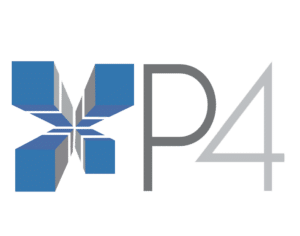
In a unified effort, representatives from twelve international privacy watchdogs have jointly issued a resounding call to major social media platforms, urging them to take swift action in safeguarding users’ public posts against the looming threats of data scraping. Notable among these regulators are authoritative bodies like the UK’s ICO, Canada’s OPC, and Hong Kong’s OPCPD.
Addressing Data Scraping Concerns
Data scraping, often executed through automated software tools or scripts to extract structured data from web pages, raises pertinent privacy concerns. Regulators underscore that this practice can lead to targeted cyber-attacks, identity fraud, unauthorised surveillance, spam, and unapproved marketing efforts. Despite this, personal information categorised as “publicly available,” “publicly accessible,” or intrinsically “public” in the digital domain is governed by rigorous data protection and privacy regulations across most jurisdictions. It is an emphatic stance of these regulators that entities engaged in data scraping are legally obliged to adhere to these regulations. Such rules set a protective framework around data, ensuring its secure handling and ethical usage.

Shared Responsibility of Platforms and Operators
Regulators’ focus extends beyond data scrapers. They emphasise the shared accountability of social media companies and website operators that host publicly accessible personal data. This responsibility covers data protection against third-party scraping on their platforms. This commitment universally applies to personal information, irrespective of its accessibility status. Recognising this, the joint statement directly addresses prominent social media platforms like Alphabet, ByteDance, Meta, X, Sino Corp, and Microsoft.
Recommendations to counter data scraping risks include establishing in-house teams dedicated to addressing scraping issues, setting rate limits, and monitoring unusual activities. It is significant to note that collecting substantial volumes of personal data via scraping might qualify as a reportable data breach under several legal contexts.
Navigating Trends Amid Industry Changes
Coinciding with the surge in interest around generative AI models reliant on extensive data for training, this collective statement’s timing is noteworthy. Moreover, this correlation raises concerns over a potential surge in data scraping incidents due to the heightened demand for data to fuel AI models.
As global privacy concerns intensify, the regulators’ call to action is a clear reminder that the digital era mandates proactive protection of individuals’ personal data against unauthorised harvesting. This call reiterates as a clear message to social media platforms, emphasising the necessity to uphold stringent data protection standards in our increasingly interconnected world.








